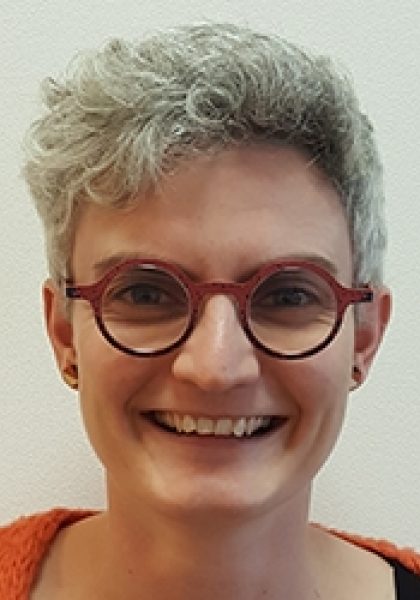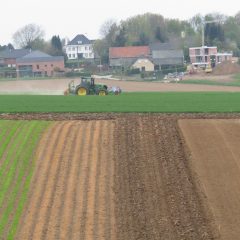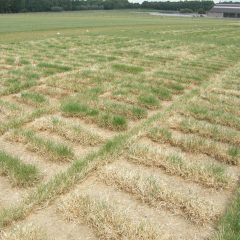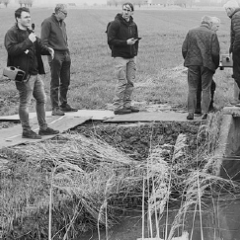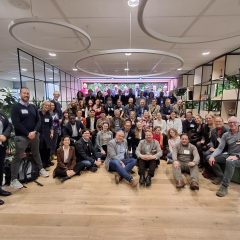Research project Collaboration on climate-adaptive drainage
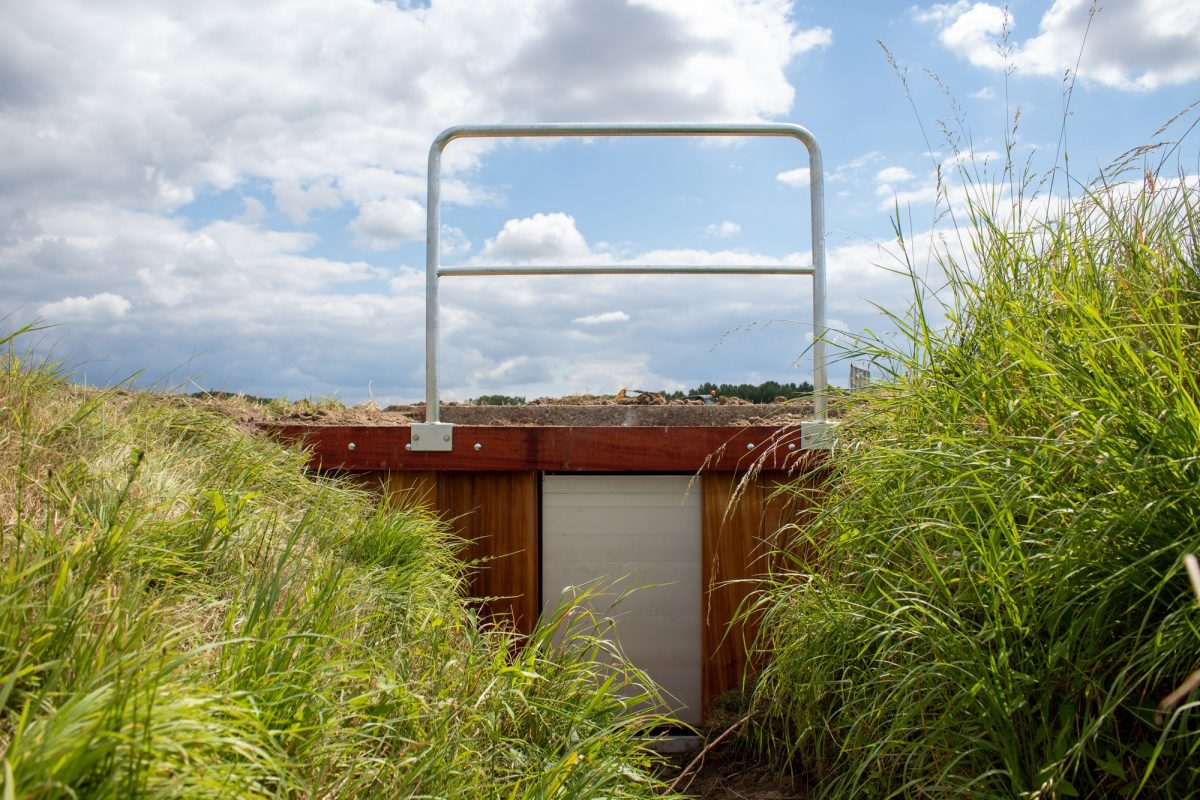
General introduction
The sKAD research project has successfully tested and demonstrated an innovative Climate Adaptive Drainage (CAD/KAD) system, together with three pioneering farmers in Flanders. Climate-Adaptive Drainage (CAD/KAD) is the automated variant of level-controlled drainage. With sKAD, all information about management and its effects on water management is available in real time. Farmers no longer need to regulate the water level on site. Action can be taken more quickly. The system is currently still very expensive. Provided that it is rolled out commercially and attention is paid to cost-efficient production, the researchers conclude that this technology has great potential.
Research approach
The approach was implemented step by step: the researchers introduced farmers to climate-adaptive drainage, and there was first a joint learning phase to get the system up and running. Using a new feature of the data sharing platform DjustConnect, a private group dashboard was created, an sKAD sharing platform, where farmers could consult each other's data. Model-driven support for water level management was developed and applied. The data made farmers aware of the impact of their decisions on the groundwater level in the surrounding landscape. They were encouraged to contribute to water management in their region in a collective, conscious manner. We also entered into discussions with the province about coordinating local and regional water management practices.
Relevance/Valorization
Automating level-controlled drainage via an automated bellows system and sensors is expensive, but saves time for farmers (as it can be operated remotely), allowing them to respond more quickly and make decisions based on data series on water level behavior in their (and possibly surrounding) plots. sKAD ensured that prototypes could be tested and their potential demonstrated to the agricultural sector.
Financing
Vlaamse Overheid - L&V
